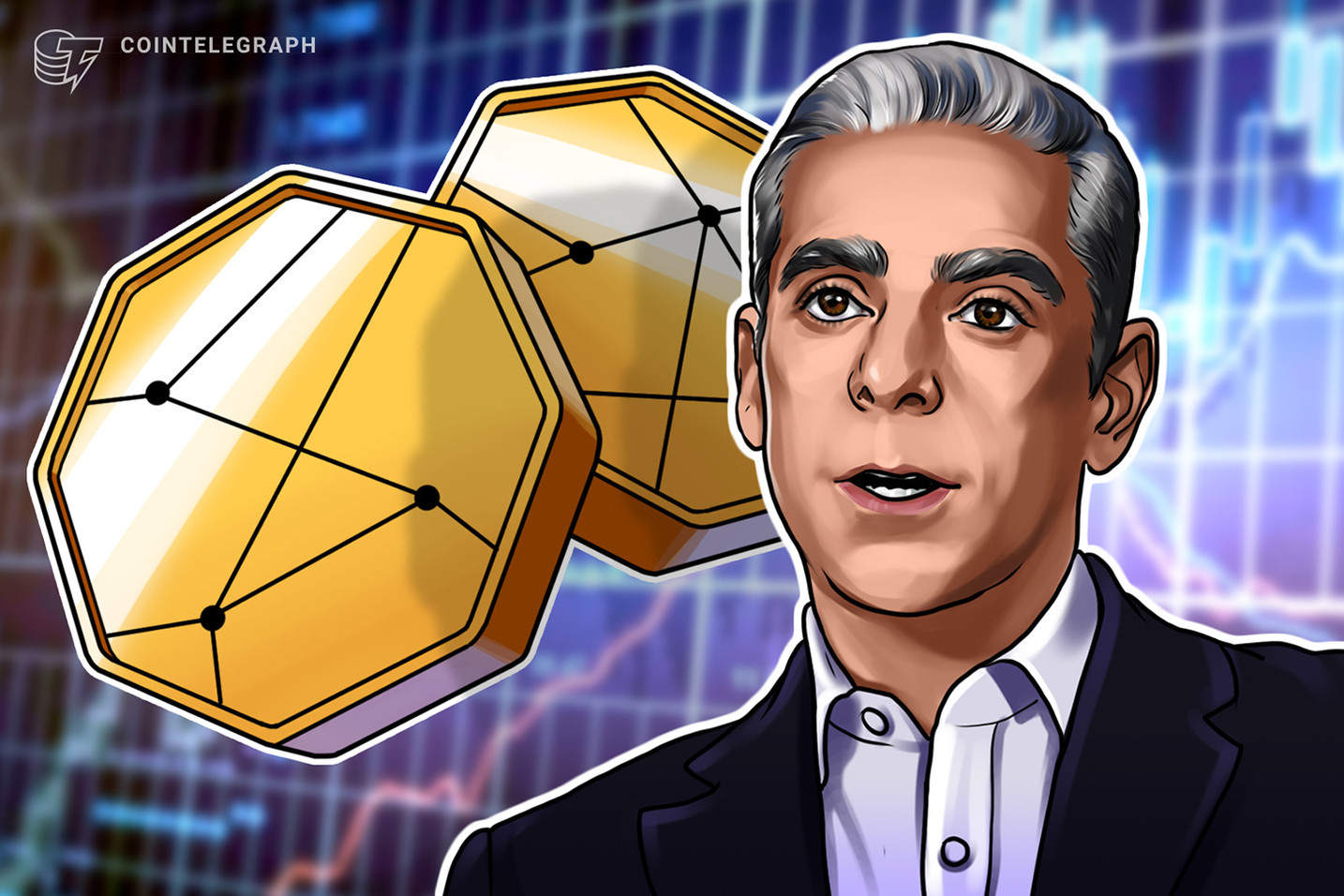In a newly published Medium piece titled "Good stablecoins, a protocol for money, and digital wallets: the formula to fix our broken payment system", Facebook’s crypto pioneer David Marcus shared his views on topics of economic inequality, regulatory challenges and Novi’s proposed stablecoin solution.
Marcus has spent the last couple of years building Diem’s crypto wallet Novi — an interoperable digital wallet designed to integrate with the Diem payment system. It is meant to enable individuals and businesses worldwide to transfer money with ease, revolutionizing the age-old financial payments system once and for all.
In the piece, Marcus cites the 1.7 billion individuals unbanked across the world, as well as the reported 62 million Americans not maximizing their financial potential with their current banking provider, as primary reasons to innovate this sector.
Marcus showed continued bewilderment at the lack of urgency shown by regulatory bodies and policymakers in the capturing of cryptocurrency and blockchain’s seismic potential:
“Here at home in America, … our payments infrastructure is arguably the worst of any developed country in the world, and increasingly falling behind, while China is moving with determination and haste to build an infrastructure that will make the digital yuan a challenger to the dollar as the world’s reserve currency.”
Ripple’s executive chairman voiced a similar opinion last year, writing that the US is losing the “tech cold war” with China to control the “next-gen financial system.”
Back in 2019, Diem (rebranded from Libra), proposed to create a native cryptocurrency for usage across Facebook’s owned platforms of Instagram, WhatsApp and Messenger, and potentially rival the sovereignty of traditional fiat currencies like the United States dollar.
This bold approach sparked outrage, prompting the team to quickly backtrack for further consideration of its business model. After various public back and forth over the past few years, Diem and Novi are now the two singular products set to launch in 2021.
Under Marcus’ vision, Novi remains keen to pursue the stablecoin method, believing that now is the optimal moment to combine an “underlying payments network that’s cheaper, faster, safer, interoperable and programmable” with an efficient crypto stablecoin.
“We’re a challenger in the payments industry, and we will offer free person-to-person payments domestically and internationally for people using the Novi wallet,” he claimed.
He also mentioned the need for Novi wallets to support nonfungible token, or NFTs, and noted that traditional contracts and titles would be replaced by smart contracts.
Related: The metaverse: Mark Zuckerberg’s Brave New World
Novi has reportedly “engaged in constructive consultations” with regulators and policymakers around the world, securing regulatory licenses or approvals with almost every U.S. state.
On two occasions, Marcus wrote that despite well-documented trust issues surrounding Facebook’s data records, Novi deserves a “fair shot” in its financial ambition and that innovation should not be stifled, but rather embraced. Similar language was noted in his “benefit of the doubt” plea late last year.
In his concluding thoughts, Marcus shared his passionate belief that it would be “unreasonable to delay” the launch of the Novi wallet, though never revealed specific dates.
